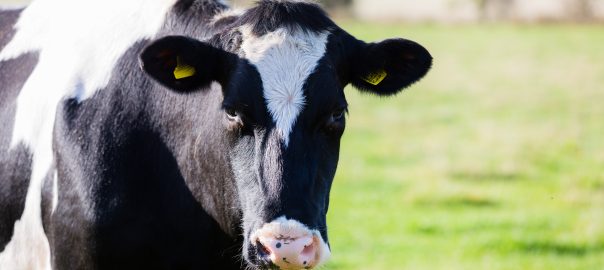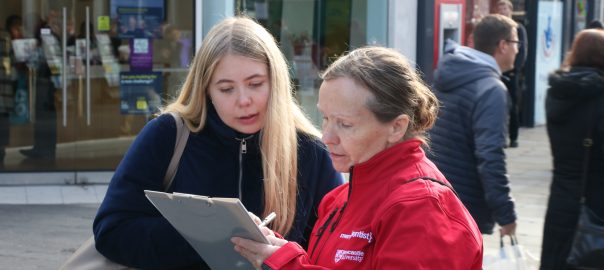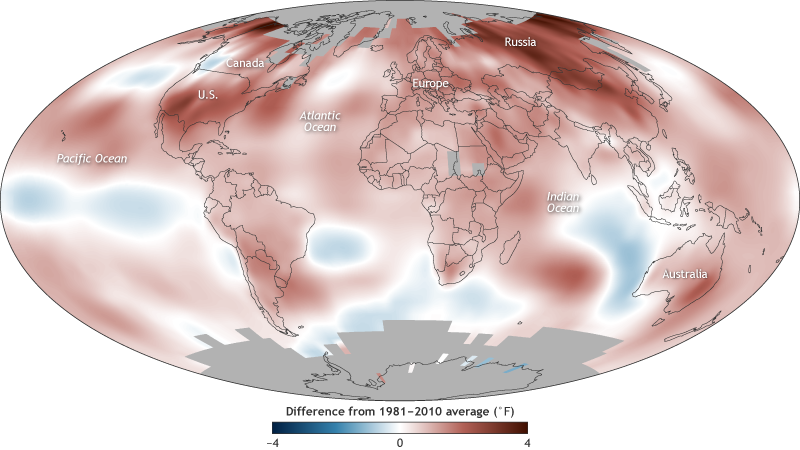Looking to the near future — 2019 — there are four topics, four ideas I wish to highlight that could revolutionise not only how we tackle climate change, but many other global challenges the world is facing for sustainable development.
- Revolutionise the energy system
- Make circular economy a reality
- Clean water and sanitation infrastructure for all
- Spread electric vehicles
Revolutionise energy

It’s a simple yet powerful (no pun intended) scientific fact that energy underlies everything. If we didn’t have it we wouldn’t exist and without the concept our lives would be radically different from what they are today. But let’s keep it to things like electricity and heat for the moment.
We need to generate more of them and use what we have more wisely, but the energy dense yet carbon heavy materials we’ve relied on since prior to the industrial revolution are a no go for the future. Embarrassingly, they’re on the rise despite progress made in renewables and decarbonisation.
Beyond emissions there were already in place good reasons NOT to burn fossil fuels. Remember acid rain? How about air pollution? Which cities finally seem to be paying attention to again because people are dropping like flies because of air contamination. Did you know that communities downwind of coal fired power stations are more likely to have children with birth defects? How about the impacts coal has on landscapes, water and air, all resources we cannot live without?
Continue reading Four key solutions to sustainable development 2019 & beyond



